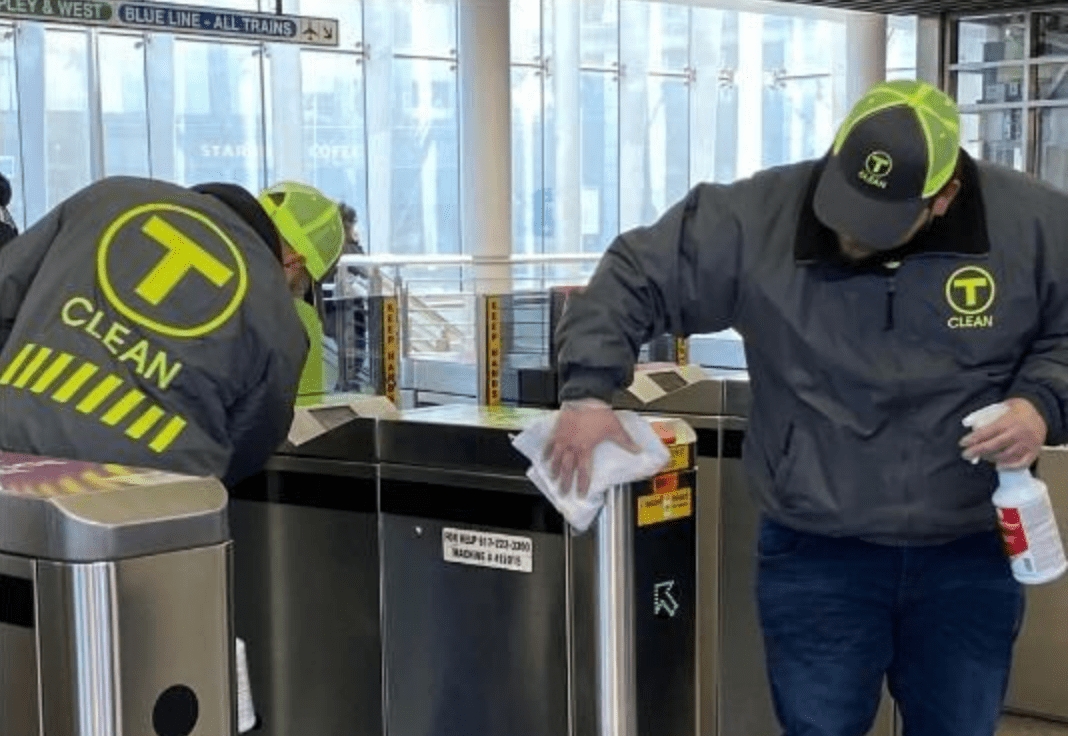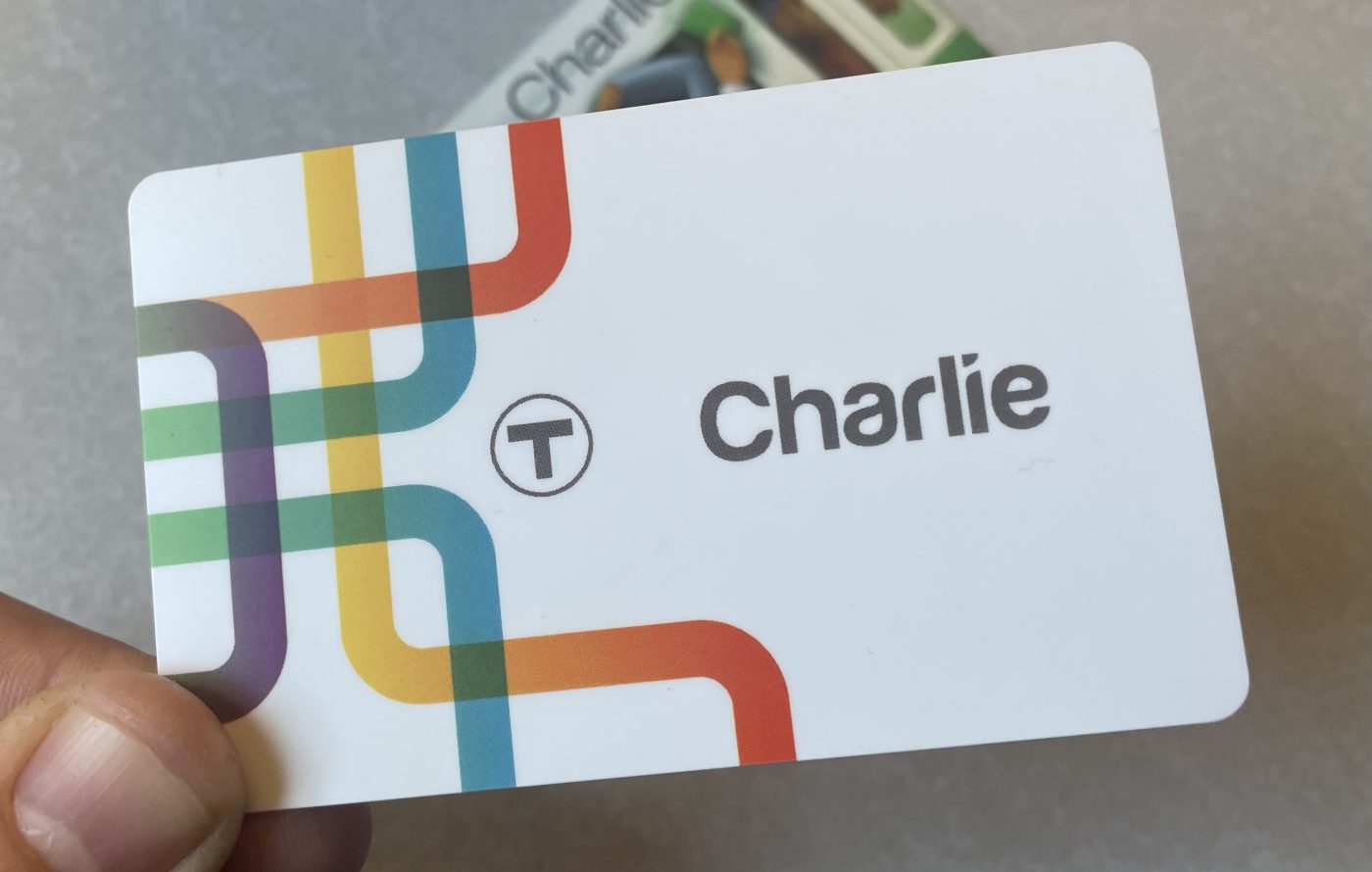In addition authorizing debt spending for hundreds of infrastructure projects across the Commonwealth, the multi-billion dollar bond package that the Massachusetts Senate passed earlier this month would also make significant reforms to how the MBTA enforces fare payments on its trains, buses, and ferries.
The Commonwealth's current fare evasion law sets large penalties for people who neglect or are unable to pay their fares: "$100 for a first offense; $200 for a second offense; or $600 for a third or subsequent offense" on the MBTA (from Section 101 of Chapter 159 of the Massachusetts General Laws).
And while these citations are described as "noncriminal," the law also states that fare evaders who fail to produce adequate identification to a Transit Police officer "shall be subject to arrest for fare evasion."
According to public records provided to the Conservation Law Foundation and Lawyers Committee for Civil Rights, 14 out of the 19 people (74 percent) who were arrested for fare evasion in 2018 were people of color, even though the majority of the MBTA's riders are white.
"The fines are draconian. If you didn’t pay your $1.70 bus fare, you have to pay $100 for your first infraction," said Mela Bush-Miles, Director of transit-oriented development for Alternatives for Community and Environment, in a phone interview last week. "If you don’t pay for parking in the commuter rail parking lots, the fine is only one dollar (plus the unpaid parking fees). So who makes these rules?"
Massachusetts legislators make those rules, and this week, a conference committee working to resolve differences between the House and Senate drafts of the bill will have a chance to re-write them.
The Senate's version of the bond legislation explicitly states that "no person shall be subject to arrest for fare evasion on the transit system operated by the (MBTA)," and also reduces the fines for fare evasion to "not less than $10 or greater than $250," subject to regulations to be determined by the MBTA.
The Senate bill also authorizes the T to reduce fines or offer alternative means of payment for people who can't afford to pay. The bill does not address fare enforcement policies for regional transit authorities outside of the MBTA.
The House version of the bond bill, which passed in early March, includes none of this language, which leaves its fate in the hands of a bipartisan conference committee working to resolve differences in the two drafts.
That committee, which includes Rep. Straus (D-Mattapoisett), Rep. Cusack (D-Braintree), Rep. Orrall (R-Lakeville), Sen. Boncore (D-Winthrop), Sen. Rodrigues (D-Westport), and Sen. Tran (R-Fitchburg), faces a July 31 deadline to send a final bill to Governor Baker for his signature.






